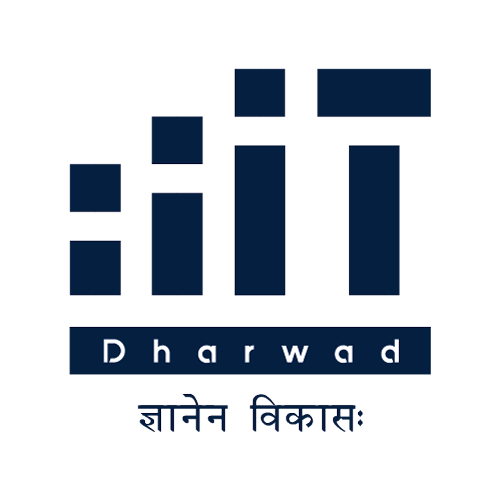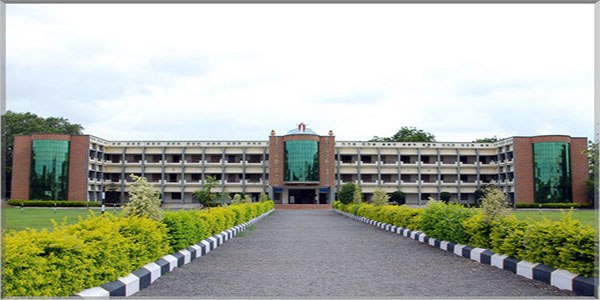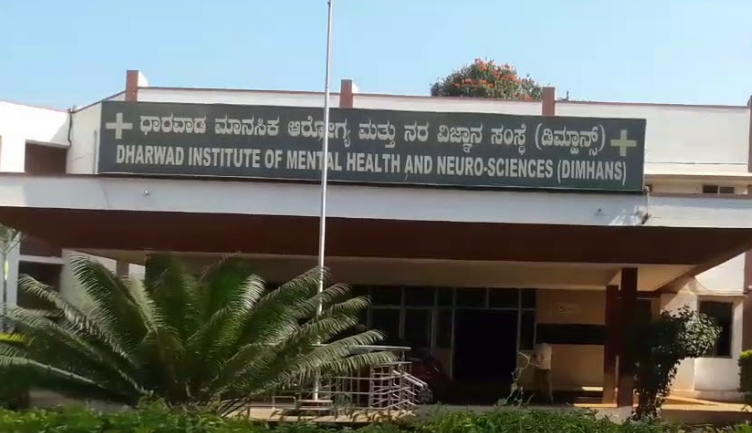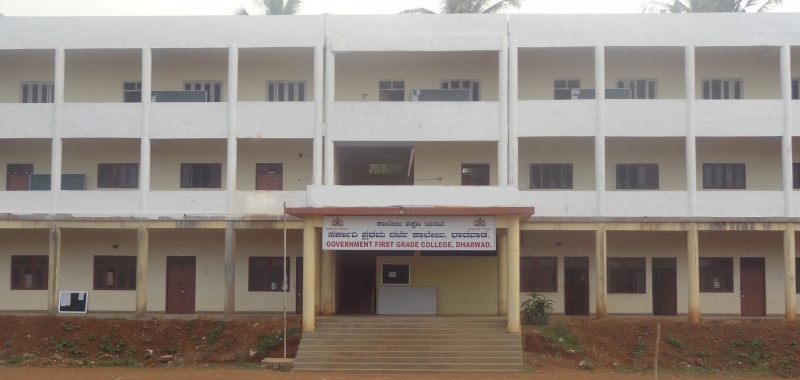IIIT ( Indian Institute of Information Technology), Dharwad

Introduction
IIIT ( Indian Institute of Information Technology), Dharwad is a very popular college in the state of Karnataka. IIIT ( Indian Institute of Information Technology), Dharwad was established in 2015. It is one of the leading college in Engineering and Science and Mathematics. It is located in Dharwad, Karnataka. IIIT ( Indian Institute of Information Technology), Dharwad is a Private institution. More than 6 courses are taught in this institution.
Under the Engineering, there are a total of 4 co...
view more...
Establishment Year2015
WebsiteClick Here
Address3rd floor A Block IT Park, Opp. Glass House Hubli, Dharwad, Karnataka - 580029
Phone+91-0836-2250879
Emailcontact@iiitdwd.ac.in
Fax +91-0836-2357747
College TypePrivate
Recognised StatusRecognized
Courses
Location On Map
Ask Your Question
Notifications View All
Loading...
Related Colleges

A.G.M. Rural Polytechnic
Dharwad, Karnataka
Dbhp Sabha'S Gangadhar Polytechnic
Dharwad, Karnataka
Dharwad Institute Of Mental Health and Neurosciences
Dharwad, Karnataka
Government First Grade College Annigeri, Dharwad
Dharwad, Karnataka
Government First Grade College, Dharwad
Dharwad, Karnataka
Government First Grade College for Women, Dharwad
Dharwad, Karnataka



